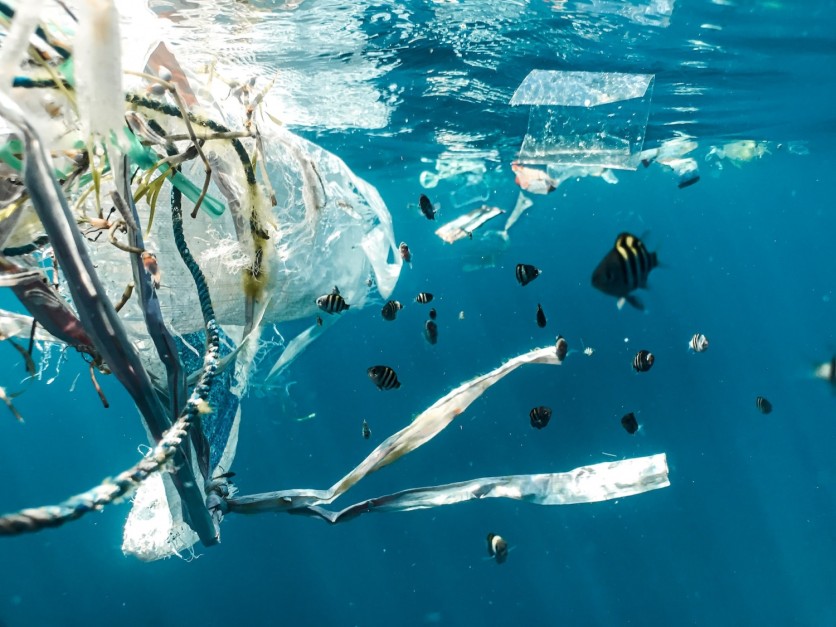Researchers at North Carolina State University harness the potential of genetically modified bacteria to combat plastic waste in oceans.
Could this be the key to finally getting rid of pollution in the bodies of water?
Breaking Down the Plastic Problem

Plastic pollution is one of the serious problems that every nation faces nowadays. It's hard to control since plastics are almost in all materials such as bags, tables, hats, tablets, and more.
The biggest challenge about this environmental problem is the non-biodegradable nature of plastics. Each year, tons of plastic waste are thrown everywhere and most of them end up in our oceans.
Recently, Interesting Engineering reported that a group of researchers from North Carolina State University shed some light on the potential solution to get rid of plastics in the oceans.
According to the scientists, the genetically engineered bacteria could be the key to break down plastic waste, particularly in saltwater environments.
Microplastic Pollution in Oceans
Polyethylene terephthalate (PET) is a synthetic polymer that we use daily. It's present in water bottles, clothes, containers, and other items.
To address PET-related plastic pollution, researchers employed the capabilities of two bacterial species: Vibrio natriegens and Ideonella sakaiensis.
Vibrio natriegens, primarily dwelling in saltwater ecosystems, boast rapid reproduction rates.
In contrast, Ideonella sakaiensis possesses enzymes that enable the swift breakdown and ingestion of PET. Harnessing the genetic sequence of Ideonella sakaiensis, researchers integrated it into a plasmid—a genetic sequence capable of independent replication within a cell.
Genetic Engineering for Plastic Degradation
By incorporating the plasmid carrying Ideonella sakaiensis genes into Vibrio natriegens bacteria, scientists enabled V. natriegens to produce the necessary enzymes on its cell surface. This genetic modification paved the way for efficient PET degradation.
Significantly, this genetically engineered bacterium, V. natriegens, demonstrated its ability to degrade PET in a saltwater environment at room temperature. This breakthrough offers a practical solution for tackling plastic pollution in oceanic regions.
While this achievement is groundbreaking, several challenges lie ahead before modified bacteria can be employed on a large scale. The research team highlights three key areas of focus:
- Genomic Integration: Incorporating Ideonella sakaiensis DNA directly into the Vibrio natriegens genome for more stable plastic-degrading enzyme production.
- Waste Utilization: Modifying Vibrio natriegens to utilize byproducts generated during PET breakdown.
- Desirable End Products: Adapting Vibrio natriegens to produce valuable end products from PET, potentially benefiting the chemical industry.
To access the research titled "Breakdown of polyethylene therepthalate microplastics under saltwater conditions using engineered Vibrio natriegens," visit AIChE Journal for more information.
In the past, some researchers also studied how oil-eating bacteria can clean up the heavily polluted seas of the Earth.
Oil spill is no joke when it comes to the environment since it disrupts marine life and pollutes the water. Because of this, a team led by Dr. Tatyana Chernikova, a Wales-based researcher investigated the hydrocarbon-degrading composition of marine bacteria.

ⓒ 2026 TECHTIMES.com All rights reserved. Do not reproduce without permission.




